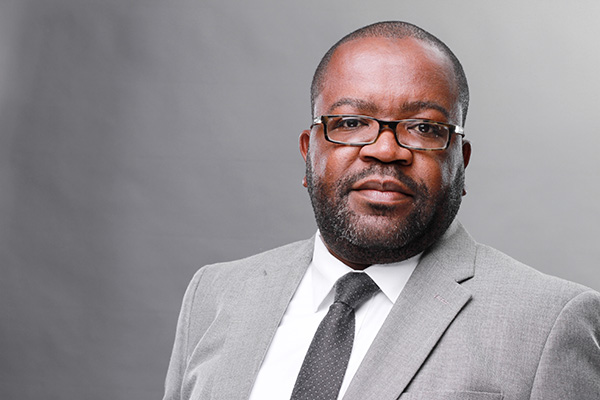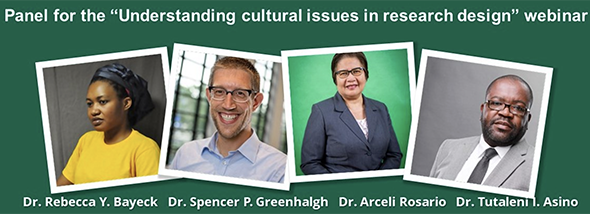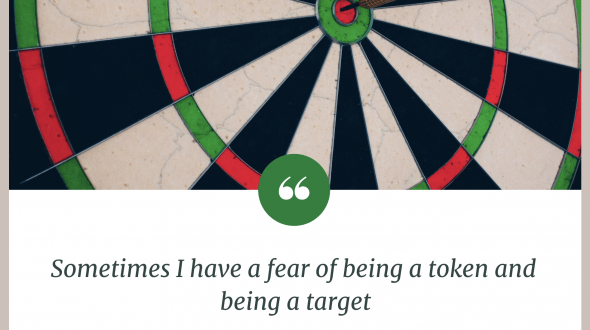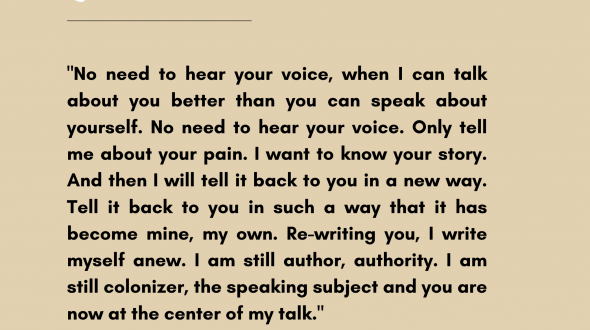In March 2022 I was part of a SAGE Methodspace panel titled “Understanding Cultural Issues in Research Design: A Webinar…
Author: tutaleni
21/10/2021
Being a Token and a Target
One of my students recently spoke to me about “The fear of being a token and being a target.” As…
16/10/2021
They want you to have a voice.
Giving voice, passing the mic, giving agency are phrases that have become common, at least on the paths I travel….
29/07/2021
Shopping while black….with an “accent”
I’ve enjoyed a small streak of days free from blatant racism (overt is another thing), but that ended today at…
20/07/2021
HyFlex Brief
A friend recently asked me about HyFlex, so I put together a quick brief based on my understanding. Please provide…
10/07/2021
On dignity and robbery during COVID
These days I am thinking a lot about dignity and robbery. The context of COVID19 worldwide, specifically the surge in…






